Religious Ideologies Fueling the Israel-Iran Conflict and U.S. Involvement
- Jun 16, 2025
- 2 min read

The ongoing war between Israel and Iran is deeply rooted in religious ideologies that shape both nations' policies, military strategies, and diplomatic decisions. While geopolitical interests play a role, religious identity and beliefs have intensified hostilities, making resolution increasingly difficult.
Religious Foundations of the Conflict
Israel’s national identity is heavily influenced by Zionism, the belief in a secure Jewish homeland in the historic land of Israel. This ideology is not just political but deeply religious, as many Jewish groups view Israel as a fulfillment of biblical prophecy. The presence of holy sites in Jerusalem, including the Western Wall and the Temple Mount, further strengthens Israel’s determination to defend its territory.
Iran, on the other hand, is governed by Shia Islamic principles, which emphasize resistance and martyrdom. Iranian leaders frame their opposition to Israel as a religious and moral duty, portraying Israel as an oppressor of Muslims and a threat to Islamic sovereignty. The Iranian government supports groups like Hezbollah and Hamas, which share the belief that Israel must be removed from the region to restore Islamic control over Jerusalem.
How Religion Shapes U.S. Involvement
The United States has historically supported Israel, partly due to shared religious and cultural values. Many American leaders, particularly those with strong Christian backgrounds, view Israel as a biblical ally and believe in its right to exist as a Jewish state. This religious connection has influenced U.S. foreign policy, leading to military aid and diplomatic backing for Israel.
Additionally, Christian Zionism plays a role in shaping American public opinion. Some evangelical groups believe that supporting Israel aligns with biblical prophecy ( it doesn't), reinforcing political pressure on U.S. leaders to defend Israel against its adversaries.
However, U.S. involvement also raises concerns about religious extremism and terrorism. Iran and its allies view American support for Israel as a direct attack on Islam, increasing the risk of retaliatory strikes against U.S. interests.
The Future of Religious Influence in the War
As the war escalates, religious ideologies continue to shape military decisions and diplomatic efforts or lack of them. While global leaders push for de-escalation, the deep-rooted religious narratives on both sides make peace negotiations challenging without bringing to the table the elimination of religious organizations that inspire war and terror . The role of faith-based diplomacy has always been non-existent and finding a resolution without even considering eliminating the root cause is both irresponsible and dangerous for world leaders. As long as religious extremism drives policy, the risk of a World War remains very high.
.png)
.jpg)













































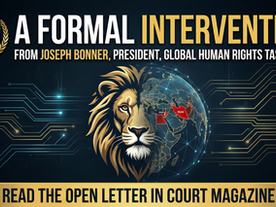
































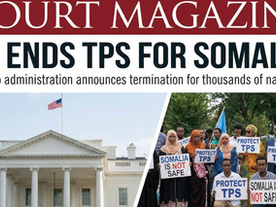







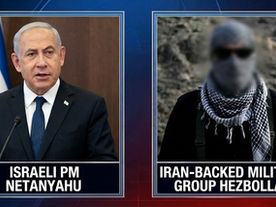



























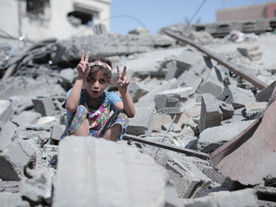












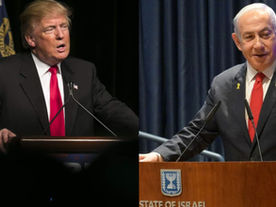




Comments